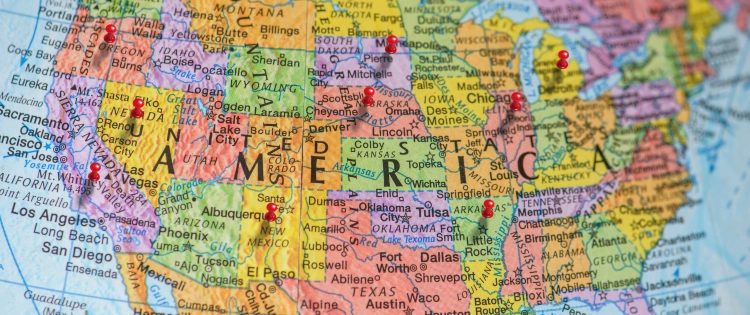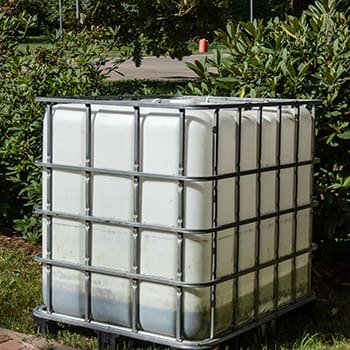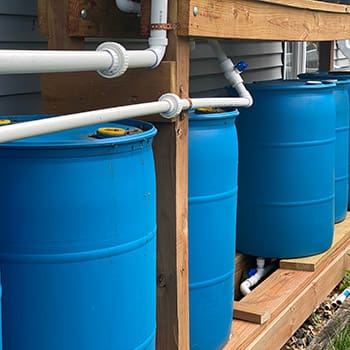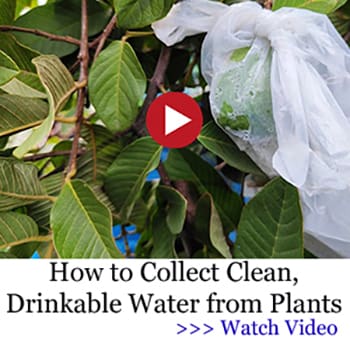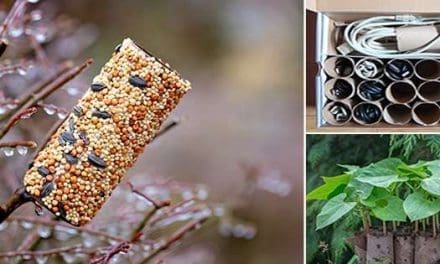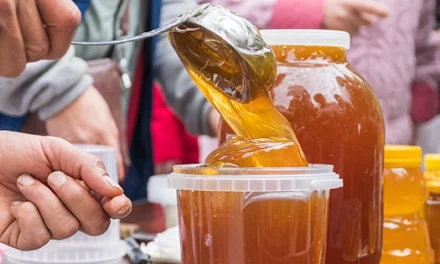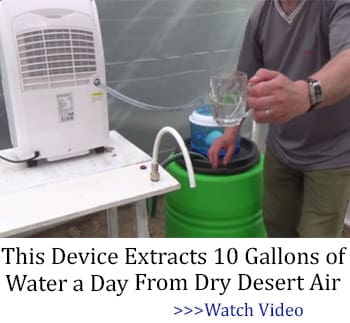One of the most crucial steps you can take as a homesteader is ensuring the ability to replenish your water supply. No matter how much water you’ve stockpiled, there’s always a risk of running out or having it contaminated, especially in a power grid-down scenario where water stops flowing from faucets.
To be truly self-sufficient, it’s wise to have systems in place that allow you to replenish your water supply, and harvesting rainwater is one of the simplest ways to achieve this. However, in some states, it’s not as straightforward. While rainwater harvesting is legal and unregulated in most states, a few states have stricter regulations that you should be aware of.
These regulations exist because water availability and quality vary widely across the U.S., and some states aim to balance protecting water resources with the rights of property owners.
Here are the states where harvesting rainwater is restricted or otherwise regulated:
Arkansas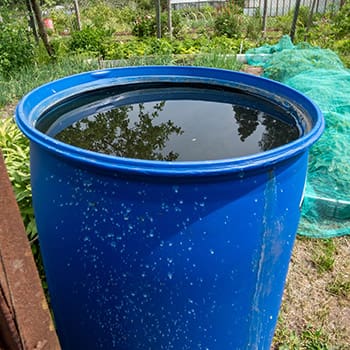
In Arkansas, all rainwater harvesting systems must adhere to local plumbing codes and be designed by a licensed engineer within the state. The engineer is responsible for ensuring that the system includes cross-connection safeguards and complies with the Arkansas Plumbing Code.
Additionally, harvested rainwater is restricted to non-potable uses, meaning it cannot be used for drinking but can be used for other purposes like bathing or cooking.
Colorado
Colorado has some of the strictest rainwater harvesting laws in the United States. Residents are limited to collecting rainwater in up to two barrels, with a combined capacity of 110 gallons.
Additionally, the collected water can only be used for outdoor purposes, such as watering crops or gardens, and must be used on the property where it was collected—it cannot be transported elsewhere.
Georgia
Similar to Colorado, Georgia mandates that any rainwater harvested can only be used for outdoor purposes.
Related: How To Find An Underground Water Source On Your Property
Idaho
In Idaho, rainwater harvesting is fully legal, provided that the rainwater hasn’t entered a natural waterway like a stream or river before collection. Additionally, the process must not interfere with the water rights of other individuals or property owners.
Illinois
Illinois also has strict regulations regarding rainwater harvesting. Harvested rainwater is limited to non-potable uses, such as watering gardens, cooking, or personal hygiene, but cannot be used for drinking. Additionally, any rainwater harvesting systems must be built in full compliance with the Illinois Plumbing Code.
Kansas
In Kansas, a permit is required for harvesting rainwater intended for non-household uses. If you plan to use the rainwater for drinking, watering your garden, pasture, or livestock, no permit is necessary. However, if you intend to use the rainwater outside of your household, such as sharing it with another family, a permit must be obtained.
Louisiana
Rainwater harvesting is fully legal in Louisiana, but certain jurisdictions require that covers be permanently set up over water collection tanks or cisterns.
Related: Ingenious Projects for Endless Hot Water Without Electricity
Nevada
Harvesting rainwater in Nevada was once illegal, but it is now permitted as long as the collected water is used solely by the household that gathered it. Additionally, the rainwater can only be used for non-potable purposes like gardening or personal hygiene.
Ohio
In Ohio, rainwater harvesting is completely legal for both potable and non-potable uses. The only restriction is that a rainwater harvesting system can provide potable water for up to 25 people. Since most households have far fewer than 25 people, this regulation typically isn’t a concern for most families.
Oregon
In Oregon, rainwater harvesting is fully legal as long as the water is collected through a rooftop system. Contrary to popular belief, rainwater harvesting is not illegal in Oregon.
Texas
In Texas, rainwater harvesting is permitted provided that each collection system is integrated into the design of the home or building. Additionally, homeowners must submit a written notice to their local municipality to inform them of their intention to harvest rainwater.
Utah
In this state, rainwater harvesting is permitted if you are registered with the Division of Water Resources and own or lease the land where the rainwater is collected.
Registered individuals can store up to 2,500 gallons of rainwater. Those not registered are limited to storing a maximum of 200 gallons, divided between two containers, with each container holding no more than 100 gallons. For example, you cannot store 200 gallons if it’s split between a 120-gallon and an 80-gallon container.
Washington
Contrary to popular belief, rainwater harvesting is not illegal in Washington state. It is permissible as long as it’s collected from a structure intended for more than just rainwater collection, such as a regular home. Additionally, the harvested rainwater must be used solely on the property where it was collected and cannot be transported elsewhere.
While rainwater harvesting is generally allowed in many states, there are specific regulations to consider. To ensure that the collected rainwater is safe for drinking, proper filtration is essential.
This is how you can build an efficient and affordable rainwater harvesting and purification system that can store up to 165 gallons of water. This setup not only meets regulatory standards but also ensures you have clean, potable water for you and your family.
This Is How Much Water You Actually Need
DIY Pressurized Rainwater Harvesting and Purification System (Video)
5 Ingenious Methods To Get FREE WATER In All 50 States During A Crisis
